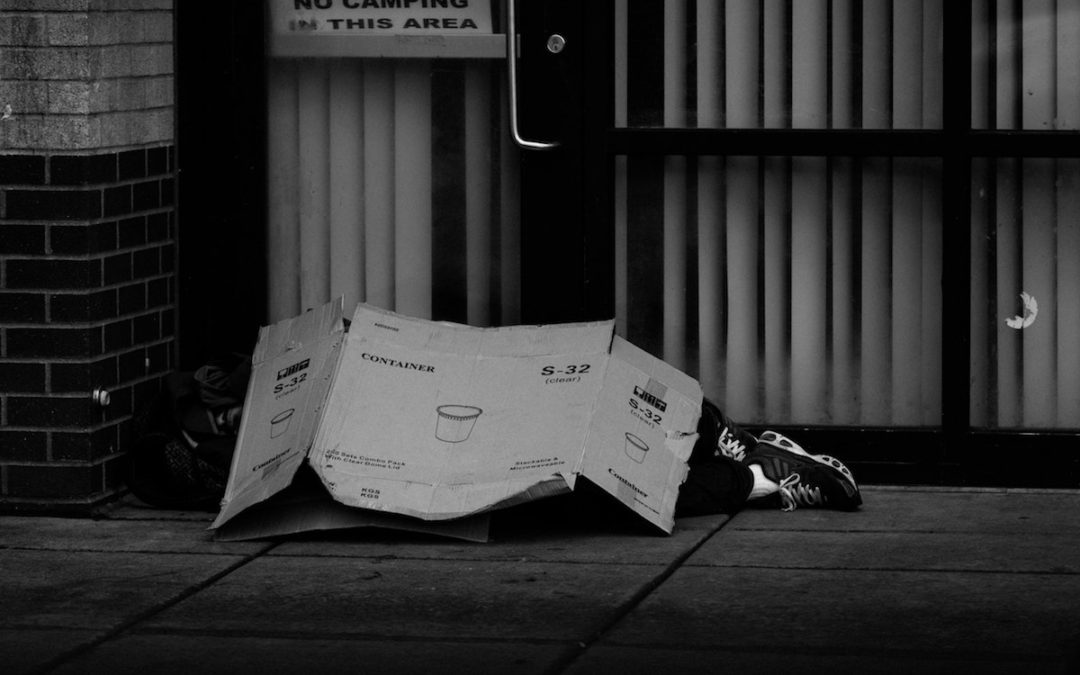In 2017, Americans gave more than $410.02 billion in charitable contributions across the United States. This was a record-breaking amount (the first time in history to surpass $400 billion) and it was a clear message that even in divisive times, our commitment to philanthropy is solid.
As people have more resources available, they are choosing to use them to make a difference. “Americans seem to be giving according to their beliefs and interests, which are diverse and wide-ranging,” says Aggie Sweeney, CFRE, chair of Giving USA Foundation and senior counsel at Campbell & Company. With the tax law in effect for 2018, Americans may be unsure of the benefits, or lack of benefits, of giving. This year, 2018, is no different from previous years; if a taxpayer is eligible for itemized deductions, charitable contributions may be deducted if they qualify, and the qualification rules are the same as they have been in past years. Many people perceive the times that we are in as difficult and tumultuous, and from our standpoint – there’s never been a better time to make a difference through charitable contributions.
There are many non-profit organizations that qualify as sources for charitable contributions and even though most people want to give to them all, there’s just not enough money in a budget to do that. There are many great places to choose from and many reasons and guidelines to follow to determine where your gift is most needed. We’ve narrowed it down to five in this post.
1. Select an organization where results are measured and reported.
St. Jude Research Hospital in Memphis, for example, boldly states their mission on their website and they tell the stories of success that are only possible through generous donations, making it a compelling choice for people who want to see results from their gift. Does the organization that you are considering provide a clear message and focus of how they use their donations?
2. Find organizations where lives are noticeably changed because of your giving.
Buried Treasures Home in Jackson, Mississippi, for example, provides housing and many life-changing services for women who have been released from prison. The ministry teaches life skills and provides high school and college education for women who never had the opportunity to do so before, among many other things. This home physically, emotionally, and spiritually changes the lives of the women who live there. Does the organization that you are considering show evidence of impact on individuals who need charity?
3. Support local organizations.
Our nation is strong when our communities are strong. Keep your money in your own community and give to the causes that will change lives in your community.
4. When you give, share the message.
People tend to give when they see others around them giving. Social media is an excellent way to prominently display your advocacy for charitable organizations. Always encourage others to give regardless of the amount.
5. Set a goal and budget for 2019.
When you are working on your personal or business budget for the new year, include an intentional amount for charitable contributions. When you plan for it and actually save and allocate money for it, you are more likely to give. Plan and budget for giving to your church, also. Many great non-profits organizations are sponsored by churches and giving to your local church is a great way to support not just the ministry budget of your church, but many other causes around you.
Hospice Ministries, Inc. is a non-profit organization supported by generous donations. More than 1000 families are touched each year are the mission of the organization is that “all people deserve a quality end of life experience, regardless of the ability to pay.” It’s an excellent community-based hospice center that changes lives because of charitable contributions. As we near the end of this tax and calendar year, please consider Hospice Ministries, Inc. in your tax planning.


Thank you for covering Buried Treasures Home. God bless you and Merry Christmas!
Clark and Valerie Rumfelt
Executive Directors of Buried Treasures Home